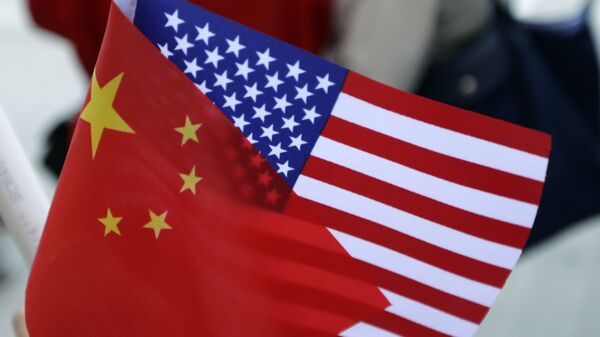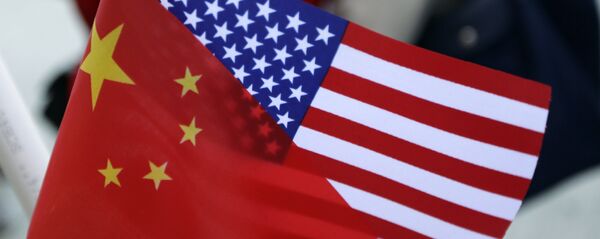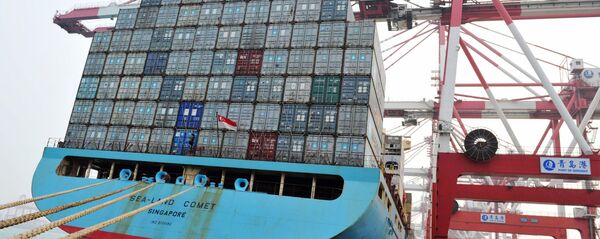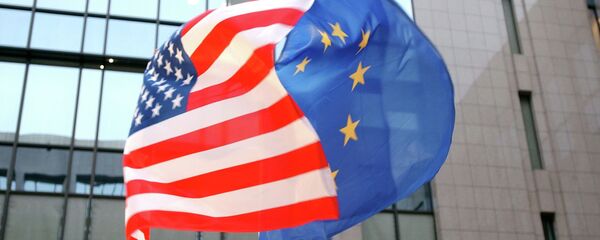Premier Li Keqiang will attend the seventh leaders' meeting of China and the Central and Eastern European countries (CEEC) in Sofia and will co-chair the fifth round of intergovernmental consultations between China and Germany from July 5 to 10.
Li Keqiang is expected to inform the European partners of China’s expanding fields of investment. On the eve of the premier’s European trip, China announced a substantial reduction of restrictions for foreign investors.
Today there’re only 45 positions in the negative list. It’s also likely that, as a goodwill gesture, Li Keqiang will announce that the Chinese market will open to European goods. A decision to reduce import duties on a wide range of consumer goods, cars and repair parts would be a favorable background for that.
Yuri Roubinsky, of the Institute of Europe, points out that the US has created a rift in its relations with the EU. In this context, Europe would seek China's understanding of their interests, and China, for its part, would look to benefit from that.
“With the escalation of the trade and investment conflict between the US and the EU, on the one hand, and the US and China, on the other, the Europeans face a very difficult task: how to better protect their interests. They are looking for priorities – who’s better to reach a better agreement with – the US or China. For Europe, it is unacceptable that Trump has questioned the US’s WTO membership. The same is for China – they don’t want to break the already established and favorable rules of the world economic game and trade. Therefore, Europe hopes that China would reflect their concerns.”
Li Keqiang and his team, for their part, would probably organize the CEEC summit in such a way so as to avoid Germany’s criticism of China's development of cooperation under the “16+1” mechanism, which diminishes the EU’s unity. According to Yuri Roubinsky, these are basically far-fetched allegations.
Li Keqiang is expected to organize his Sofia and Berlin visits so that the European partners don’t question the fact what China wants to further deal with a single and integrated EU. At the same time, according to Liu Dian, an expert with China’s Renmin University, China hopes that the Europeans understand their position.
The EU-China problems are to some extent projected on China-Europe relations. Nevertheless, the parties not only can, but are bound to seek common grounds while preserving their differences. In the context of the US’s opposition to globalization, this means seeking a new space for the development of the economy of China and individual European countries. Moreover, the US’s strategic understanding of China has transformed – they see China not only as a different system, but as their strategic adversary.
"To counteract the US attacks, China needs to create a platform for global cooperation, a common front with other countries, and look for more partners. Xi Jinping, president of the People's Republic of China, has repeatedly pointed out the need to form a common destiny for mankind in order to overcome a clash of civilizations. This has become the concept of China's diplomacy".
Li Keqiang's trip to Europe comes ahead of the Sino-European summit that will be held in Beijing on July 16-17. Sofia and Berlin visits are to reflect the parties’ willingness, ability and readiness to subject their natural partnership to the interests of joint counteracting the trade wars with the United States. As for China, it seems ready to back Europe in this.






